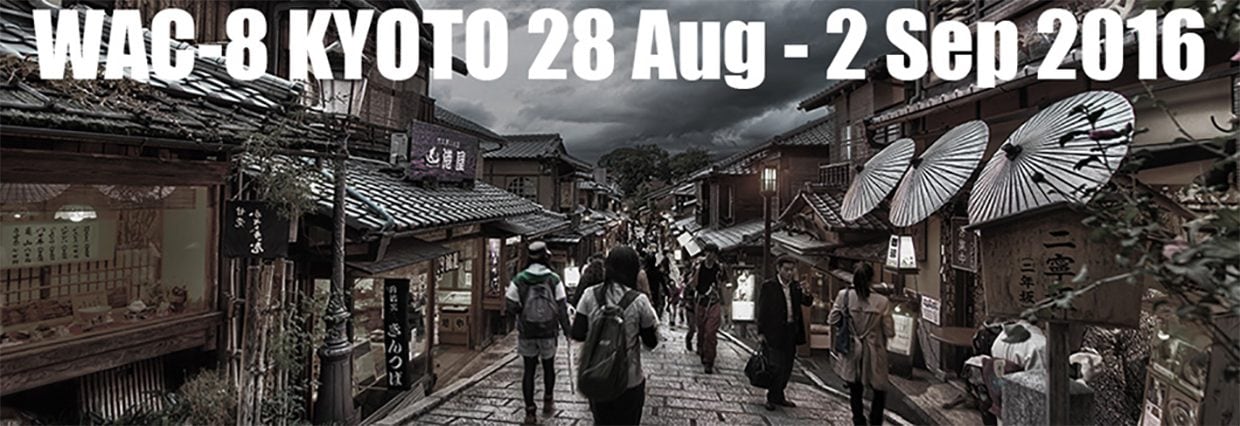
Heritage and migration
At The World Archaeological Congress (WAC) in Japan, 2016, debates about archaeology in present society was vividly explored.
In particular this was investigated during the session “Archaeology and heritage in changing societies – approaches to present and future disciplinary significance for citizens of the 21st century” arranged by Christopher Prescott (University of Oslo / Norway), Torgrim Sneve Guttormsen (Norwegian Institute for Cultural Heritage Research / Norway) and Anders Högberg (Linnaeus University / Sweden).
Global migration
Virtually all contemporary societies display historical or on-going migration, and global migration is profoundly changing how people perceive their societies. This raises questions of how archaeology and heritage can be resources for all citizens of the 21st century.
A consequence of migration is societies that are increasingly ethnically and culturally diverse. Traditional questions concerning diversity related to national minorities or traditional multi-ethnic societies are but one matter concerning ethnic diversity.
What is the role of heritage?
Understandings shaped from an immigrant perspective raise a series of other, little explored issues. Diversity in ethnic nationalist terms is not the same as diversity assessed from a regionalist perspective. Questions that arise are: What is the role of archaeology, museums and heritage in a world of migration? How can archaeology and heritage studies contribute to how societies define themselves, now and in the future?
At the session speakers were invited to explore how archaeology and heritage in contemporary societies is evolving in relation to the forces of migration, cultural diversity and diaspora cultures.
Topics was how archaeology is related to transnational and transitional knowledge, the development of heritage in the future because of migration, contemporary migration considering historical movements, neo-colonialism, global tourism, cosmopolitanism, and segmentation vs. dialogues between groups.
Program:
T08A01 / Kaja Hannedatter Sontum / Tensions Between Unity and Diversity – Responses by Norwegian Heritage Management to Challenges of Place Identity and Globalization
T08A02 / Torgrim S Guttormsen / How Emigrant Memories becomes National Heritage. Some reflections based on the Commemoration Practice of the Norse hero Leif Erikson in the U.S.A.
T08A03 / Chulani Rambukwella / National museums in the harmony of culturally diverse societies: ethno-cultural representation at the Colombo National Museum in Sri Lanka
T08A04 / Monique van den Dries / Archaeology and the new citizens
T08A05 / Phacharaphorn Phanomvan / The Use of Heritage and Political Economic Development in Southeast Asia’s Regional Conflict
T08A06 / Cornelius Holtorf / Beyond collective origins: alternative archaeological narratives for global citizens of the 21st century
[GT1]Hyperlink: http://wac8.org/academic-program/accepted-sessions-2/ast08/

